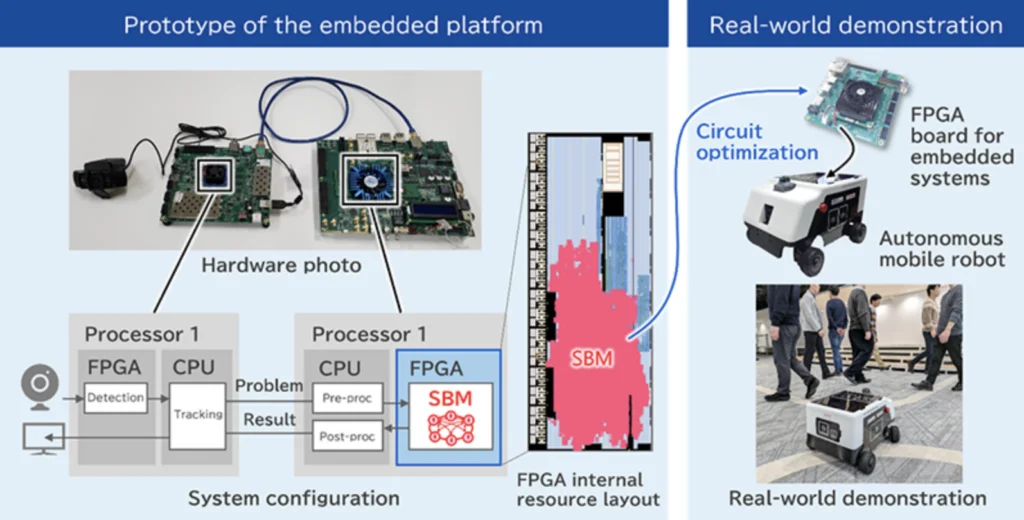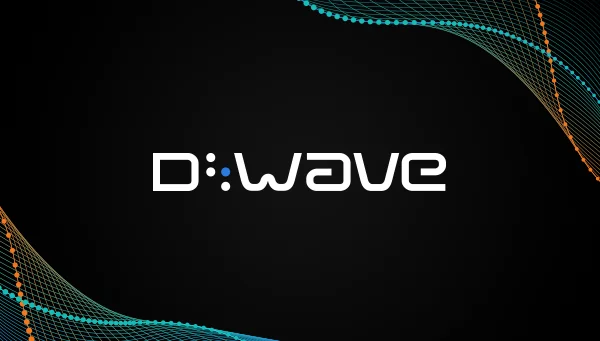As Google and IBM fight it out over whether quantum supremacy has finally been reached or not, investment money continues to pour into quantum computing startups. In the most recent example of big bets, IonQ, a leader in universal quantum computing, recently announced it has secured $55 million in a funding round led by the Samsung Catalyst Fund and Mubadala Capital, according to a company news release.
IonQ said the company plans to use the funds to make quantum computing more accessible to businesses and lower the barrier to entry for developers. The company’s quantum computers will be commercially available via the cloud and developing next-generation systems for programming these machines, according to the release.
“This investment round marks a key milestone in our effort to make quantum computing commercially viable,” said Peter Chapman, CEO of IonQ. “We are building a future where IonQ’s quantum computers will be available to developers in fields from finance to manufacturing to pharmaceuticals. We expect this to inspire a new generation of developers to build applications that will power the next wave of discovery.”
IonQ’s backers suggest quantum computing is the next big investment frontier.

“Foundational and revolutionary technologies — like the transistor, the laser, or the mobile phone — take years to evolve into innovations that transform the way we live,” said Young Sohn, Corporate President and Chief Strategy Officer for Samsung Electronics and Chairman of the Board for HARMAN. “Though it’s still early days, we see a similar revolution taking place with quantum computing, which is why we’re excited to work alongside the IonQ team. Together, we can unlock the vast potential of this technology to address new opportunities in drug discovery, artificial intelligence, breakthrough materials, and many other areas that will have a profound impact on our way of life.”
IonQ’s trapped-ion approach offers a promising approach for making reliable, scalable quantum computing a reality. Recently, the company built the largest programmable quantum computer to date, demonstrating performance benchmarks that no other quantum computer has been able to match. This particular form of quantum technology attracted many of the recent investors.
“Mubadala Capital’s ventures strategy seeks transformative technologies with the promise of disrupting traditional industries,” said Alaa Halawa from Mubadala Capital. “As we have developed our understanding of the opportunity and challenges of the technology, we came to believe that trapped ions have the highest potential to deliver on the promise of a scalable general-purpose quantum computer. While we are in the early innings of this industry, we believe that the groundbreaking work of the IonQ team will position the company as the leader in developing commercially viable quantum computers in the near-term and beyond.”
Quantum technology has excited investors because it is particularly well-suited to solve optimization problems — from helping identify the best delivery routes for shipping companies to helping hardware designers produce more energy-efficient materials and batteries, according to the company statement. By 2023, 20 percent of organizations intend to budget for quantum-computing projects, compared to less than 1 percent in 2018. This rapid growth reflects a growing awareness that quantum computing will transform the way enterprises do business.
This funding round’s investors also included ACME Capital, Airbus Ventures, Hewlett Packard Pathfinder, Tao Capital Partners, Correlation Ventures and A&E Investment LLC, as well as previous investors Osage University Partners (OUP), New Enterprise Associates (NEA), GV and Amazon.














